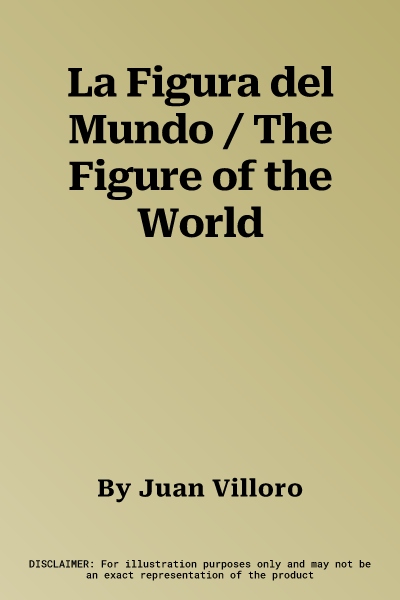**«¿Hasta dónde podemos recuperar una memoria ajena? ¿Es posible
entender lo que un padre ha sido sin nosotros? Ser hijo significa
descender, alterar el tiempo, crear un desarreglo, un desajuste que se
subsana con pedagogía, a veces con afecto o transmisión de
conocimientos.»
**
Juan Villoro relata en La figura del mundo, el orden secreto de las
cosas, algunos pasajes memoriosos en torno a su padre, el pensador
mexicano-catalán, Luis Villoro. Sin el afán de hacer una biografía en
estricto sentido, Juan evoca aquí la vida singular de quien fuera
filósofo, luchador social, zapatista y autor de una obra fundamental.
En este libro hace una aproximación a una figura a la vez íntima y
pública, adentrándose en las complejidades que toda vida tiene, narrando
con maestría instantes que se desdoblan para entender el ubicuo
presente. Recupera así, pues, la esencia de un padre quien estuvo
presente en la vida familiar de un modo intangible, un padre que debe
ser indagado por un hijo que intuye sus afectos y renueva, así, el
pasado.
Escrito con gran sensibilidad y agudeza, este libro condensa el asombro
y la emotividad para quien la escritura se convirtió en «una permanente
carta al padre»
ENGLISH DESCRIPTION
To what extent can we recover a foreign memory? Is it possible to
understand what a father has been without us? Being a son means to
descend, to alter the time, to create a disruption, being a mismatch
that is fixed with pedagogy, sometimes with affection or with the
transmission of knowledge.
Juan Villoro recounts in The Figure of The World, the secret order of
things, and some memorable passages about his father, the
Mexican-Catalan thinker, Luis Villoro. Without the desire to make a
biography in the strict sense, Juan evokes the unique life of a former
philosopher, social fighter, Zapatista, and author of a fundamental work
in his view.
With this book, Villoro offers an approach to a figure that is both
intimate and public, delving into the complexities that all lives have,
and masterfully narrating moments that unfold to understand the ubiquity
of the present. Thus, he recovers here the essence of a father who was
present in his family life in an intangible way. This is a father who
must be investigated by a son who senses his affections and therefore
tries to renew the past.
Written with great sensitivity and sharpness, this book condenses the
astonishment and emotion of an author who feels writing is "a
never-ending letter to the father".

